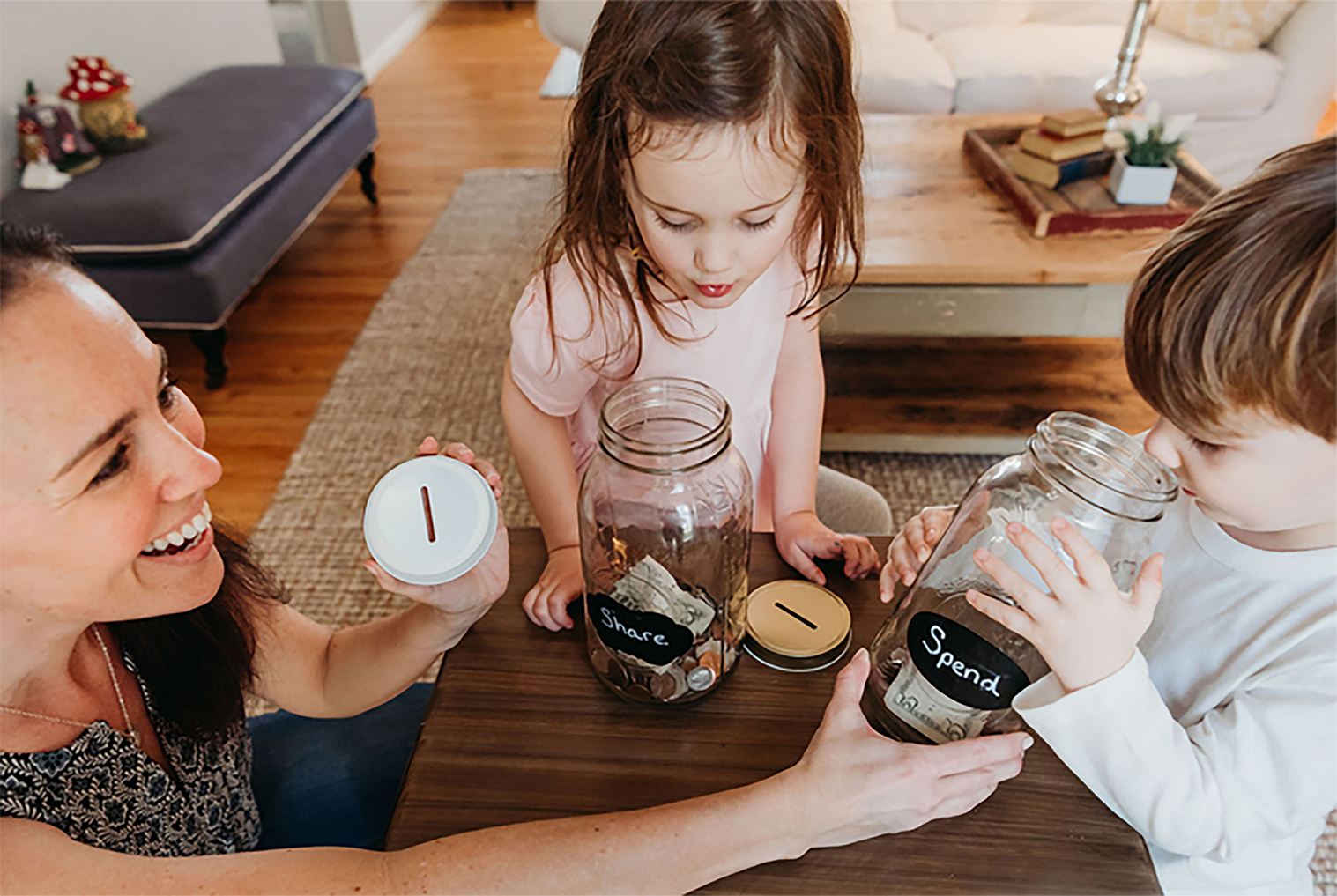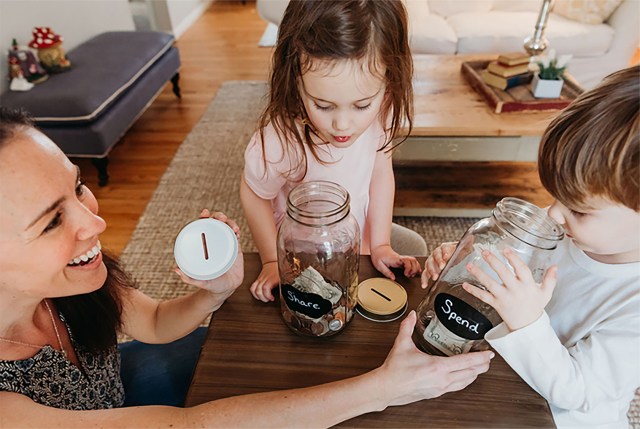
All parents want to raise generous children who understand the importance of charity and giving back. However, teaching this to kids can be easier said than done. You may want your child to be involved, but worry they are too young to participate or understand.
You also don’t want to scare them. Sadly, the reason why charity is so important is that there are so many people in need. This is most apparent when a tragedy strikes, like the recent hurricane. In the wake of a tragedy like Dorian, many parents want to involve their children in giving back, but starting the conversation is tough. While you want them to understand how there are many people who need help, they are still children and you don’t want to overwhelm them with the horrors of the world. Plus, if you’re like many adults, most of your charity comes from your wallet, and financial donations can be a hard concept to teach children.
So how can you start the conversation with your child about charity and giving back?
Explaining Charity
Start small by telling them that charity means helping others in need. Use everyday examples that they can understand, like a friend being sad or how an elderly neighbor may need help. Point out all the ways they are charitable already by performing little acts of kindness, such as: trying to cheer up their friend or helping their neighbor up their stairs. When they help their younger sister with a problem, point out how kind and helpful that was. If they come home from school and said that they offered to help the teacher clean her whiteboard, mention how generous that was.
Encourage Gratitude
In addition to being kind and compassionate, another everyday behavior to nurture is gratitude. Explain to your child that some people have more than them, but many people have less. If you have food to eat, a warm home, and a loving family, you are one of the lucky ones. The best way to do this is through example. Show your appreciation for the little things in life, and your child will be less likely to take things for granted. Ask your child what they are thankful for, or to list three good things that happened today. A general sense of gratitude encourages compassion and fuels the desire to give back.
Show Your Child the Good, in the Bad
Your child probably will hear about a major tragedy like Dorian immediately through school or friends, and ask you about it. Once you’ve explained to them what happened, use this conversation as an opportunity to show your child the good in people. Talk about the community drives set up to help those that were hurt. Read them the stories in the news about the people who go straight to the site to help rebuild homes. Your child can become involved simply by donating canned food to their school drive. Ask your child to think of other ways that they could help. Children are incredibly thoughtful and may think of something that you didn’t, such as writing letters of encouragement to the children affected by a tragedy.
Get Them Involved
You don’t have to wait for disaster to strike, or an organized community event to get your child started with giving back. There are countless ways every day that children can get involved. Below are examples of unstructured activities that children of any age can do at any time.
- On especially cold days, hand out coffee or cocoa to neighborhood power company workers, mailman, or police officers. Hand out lemonade or water on hot days.
- Pick up litter at school, church, around your neighborhood, or park. (Remember to wear gloves!)
- Ask for gifts to a charity instead of birthday gifts. This is a tough one for young kids to swallow (understandably). A less extreme option is to ask friends to bring a gently used book or toy to donate, in addition to a small gift for your child.
- Ask your local pet shelter if you can come play with the cats or walk the dogs.
- Help out around your neighborhood. Clean up after a storm, offer to help shovel snow from an elderly neighbor’s driveway, or rake their leaves.
Donating Money
One of the most important financial lessons a child can learn is that money can do good! Once your child understands the importance of charity, and are incorporating it in their daily activities, giving financially will make sense to them. One way to do this is through the 3-Piggy-Bank System: Save, Spend, Share. Each time your child gets money through allowance or gifts, ask them to split it between the three piggy banks. Then help them think of what they want to do with their “share” jar. If you have an animal lover, maybe they can buy food for the local animal shelter. Just make sure it’s something they care about and are involved in choosing and executing the project.
By instilling these values in them now, giving will continue to be a part of their everyday life. The children who are taught to give back while young will be able to change the world as adults.











